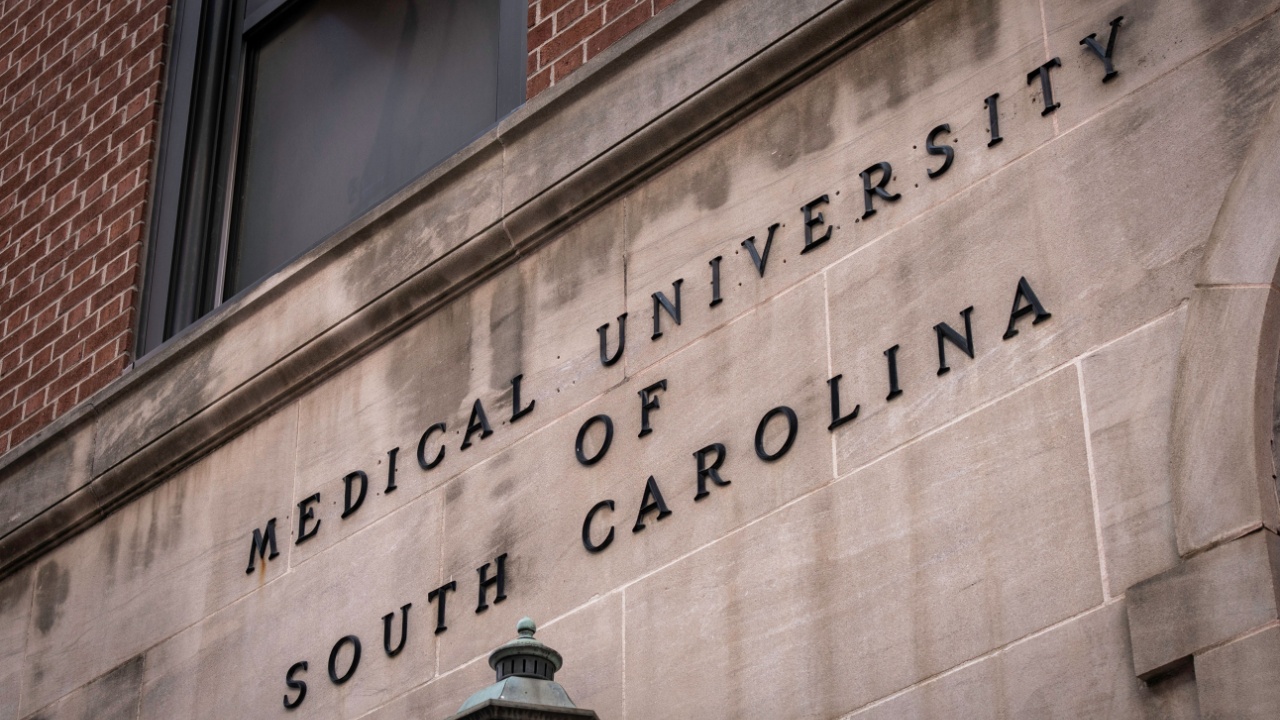“Concerns about college affordability are top of mind for Americans,” according to a new study from Lumina Foundation and Gallup.
Cost of College: The Price Tag of Higher Education and Its Effect on Enrollment surveys three segments of the U.S. adult population (ages 18 to 59), including “those who are currently enrolled in postsecondary education, those who previously enrolled but have not completed a degree and those who never enrolled in education after high school.”
Among those surveyed during an approximate five-week period in October/ November of last year – “6,015 students who are currently enrolled in a post-high school education program (certificate, associate or bachelor’s degree), 5,012 adults who were previously enrolled in an education program after high school but had not completed an associate or bachelor’s degree, and 2,943 adults who had never enrolled in an education program beyond high school.”
Post-high school education is expensive for many Americans. “During the 2021-22 academic year, the average cost of attendance ranged from $10,000 per year at public, two-year institutions to over $56,000 at private, four-year nonprofit colleges.”
The study continues, “Students’ net cost is typically much less than the advertised sticker price due to institutional grant aid and scholarships. However, 38% of undergraduates still need to take out loans to pay for their education.”
Among the key findings:
- Fifty-six percent of never enrolled and previously enrolled adults say cost is a “very important” reason why they have not enrolled or reenrolled in college.
- Unenrolled adults across race, age, and first-generation college student status consistently rate cost as the most important factor in deciding to remain unenrolled.
- Thirty-one percent of currently enrolled adults who have considered stopping their coursework cite cost as a reason. This is an especially important consideration among bachelor’s degree students.
- Only 23% of U.S. adults without college degrees could estimate the annual net cost of a bachelor’s degree from a public college within $5,000 of the actual cost. Learning about the actual cost of attendance increases unenrolled Americans’ reported interest in pursuing a college degree.
- The actual annual cost of a four-year degree at in-state public colleges is about $15,000. Thirty-one percent of adults say a degree from a public college will cost at least $20,000 per year, and 47% believe it is less than $10,000 per year.
- Seventy-one percent of currently and previously enrolled U.S. adults who have taken out loans report having delayed at least one significant life event because of their student loan debt – these include purchasing a home or car or returning to complete their degree or credential.
The Value of a Postsecondary Credential
Over half of U.S. adults say bachelor’s degrees are valuable, according to the study. “Most Americans say all types of postsecondary credentials are extremely or very valuable, including industry certifications (74%), certificates (64%), associate degrees (60%), bachelor’s degrees (75%), and graduate degrees (80%).
“This finding is true of currently enrolled and unenrolled adults. Notably, 75% of adults previously enrolled in a degree program and 73% of never-enrolled adults rate bachelor’s degrees as extremely or very valuable.”
Additionally, “42% of U.S. adults say having an associate or bachelor’s degree is more important today than 20 years ago for achieving career success.”
Access to Affordable Education
“Thirty-five percent of U.S. adults without a college degree believe most or all Americans can access quality, affordable education after high school” – — this reflects an increase of 12 percentage points from 2022, according to the study. “However, a roughly equal proportion say not too many or no Americans at all have such access. The remaining 32% believe that about half of Americans have access to quality, affordable education.”
Role of Higher Ed Leaders and Policymakers
Higher education leaders need to do more to clarify the cost of college degrees and credentials, the study recommends. “And to emphasize the net cost rather than the advertised price that few, if any, students pay.”
The study adds, “As the debate about student loans and loan forgiveness continues, it is also important for educators and policymakers to recognize the long-term effects of borrowing on the decision-making of adults, especially those who have stopped out of college.
“Notably, 35% of these individuals say loans prevent them from returning to finish their credentials. This particular population — over 40 million adults with some postsecondary experience but no credentials — is rapidly growing, increasing by 8.6% between the 2019-20 and 2020-21 academic years.”

Read more of Cost of College: The Price Tag of Higher Education and Its Effect on Enrollment here.










